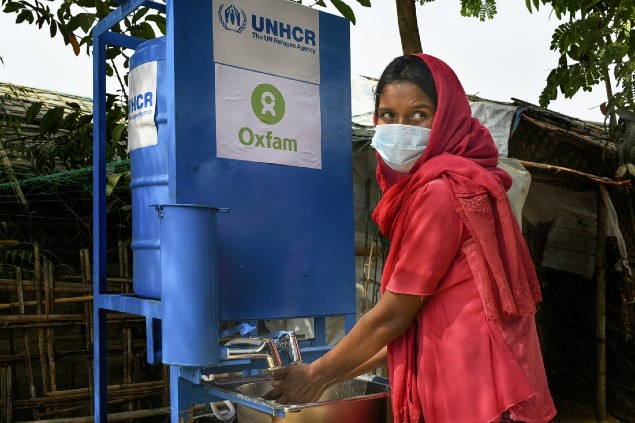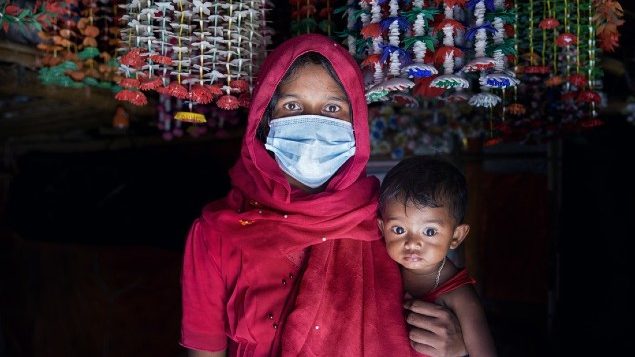The longer the COVID-19 virus circulates the more it can mutate and a survey shows that many scientists think mutations could make the current vaccines ineffective in a year or less. A survey of 77 of scientists from 28 countries was conducted from February 17 to March 25, 2021 by The People’s Vaccine Alliance. The alliance is a public-private global health partnership dedicated to increasing access to immunization in poor countries.
The survey of epidemiologists, virologists and infectious disease specialists from among the world’s top institutions found 88 per cent believe that persistent low vaccine coverage in many countries would make it more likely for vaccine resistant mutations to develop.
‘The virus doesn’t respect borders’
“With millions of people around the world infected with this virus, new mutations arise every day,” said Gregg Gonsalves, Associate Professor of Epidemiology at Yale University. “Sometimes they find a niche that makes them more fit than their predecessors. These lucky variants could transmit more efficiently and potentially evade immune responses to previous strains. Unless we vaccinate the world, we leave the playing field open to more and more mutations, which could churn out variants that could evade our current vaccines and require booster shots to deal with them.
“We all have a self-interest in ensuring that everyone around the world, no matter where they live have access to COVID-19 vaccines. The virus doesn’t respect borders and new variants somewhere on the planet mean none of us are safe.”

In the absence of vaccines, Oxfam has installed contactless hand washing devices at the Rohingya refugee camp in Bangladesh to try to stifle the spread of COVID-19. (Fabeha Monir/Oxfam)
End pharmaceutical monopolies, urges alliance
Nearly three-quarters of the scientists said that open sharing of technology and intellectual property could increase vaccine coverage around the world. The People’s Vaccine Alliance is calling for “the lifting of pharmaceutical monopolies and the sharing of technology to urgently boost vaccine supply.”
The alliance denounces rich countries including Canada for defending the monopolies of pharmaceutical giants saying that means global supplies are artificially rationed and a handful of companies decide who lives and who dies.
Vaccine protection ‘will be shattered,’ warns Oxfam.
Recently, at a meeting of the World Trade Organization (WTO), Canada and other countries failed to adopt a proposal to waive intellectual property rights for COVID-19 vaccines. The People’s Vaccine Alliance urges them to adopt this measure when talks resume at the WTO in April 2021.
“In many rich nations, vaccinated people are starting to feel safer, but unless we vaccinate all nations, there is a huge risk that the protection offered by vaccines will be shattered by fresh mutations,” said Anna Marriott, Oxfam’s Health Policy Manager. Oxfam is a member of The People’s Vaccine Alliance along with the African Alliance, UNICEF, UNAIDS and almost 50 other organizations.







For reasons beyond our control, and for an undetermined period of time, our comment section is now closed. However, our social networks remain open to your contributions.